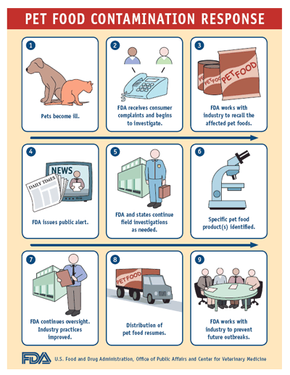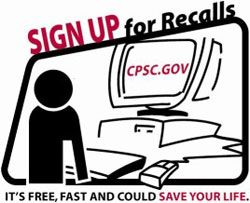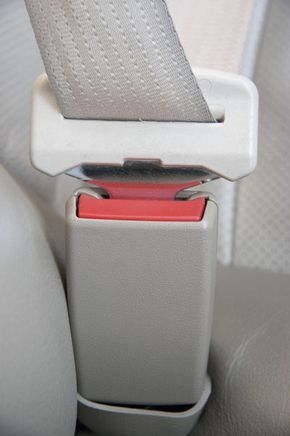Maybe you're a pet owner who feeds and provides care for a beloved animal, or you're a doting grandparent who buys toys and clothes for the grandkids. Perhaps you wear contact lenses or hearing aids, or take prescription medications. Maybe your garage houses a car, truck or sport utility vehicle -- or even a boat. When you purchase any of these things, or something else, you become a consumer.
As a consumer, you may own a product that has been -- or will be -- recalled because of safety issues. Finding out about recalls can be challenging due to the large number of products available and the lack of a consistent method for manufacturers to reach consumers.
Advertisement
In addition, manufacturers may hesitate before recalling products because they don't want to damage their reputation or bottom line. A recall campaign can be costly and, at best, haphazard. Often, companies must run expensive newspaper ads or send out letters. However, there's no guarantee either will reach their target audience.
If a product is defective or dangerous, it's necessary to alert consumers so they can stop using it and receive a replacement or refund. In some cases, a quick response can mean the difference between life and death.
Many government agencies use an electronic notification system to alert consumers about recalled products, from pet food and appliances to eggs and cosmetics. An electronic notification is any automated communication received by e-mail, phone, text message or fax. The government's system sends e-mails to subscribers who wish to receive various recall lists.
In this article, we'll explain how recall notifications work, which agencies handle recalls and how to sign up for recalls on various products.
Advertisement



